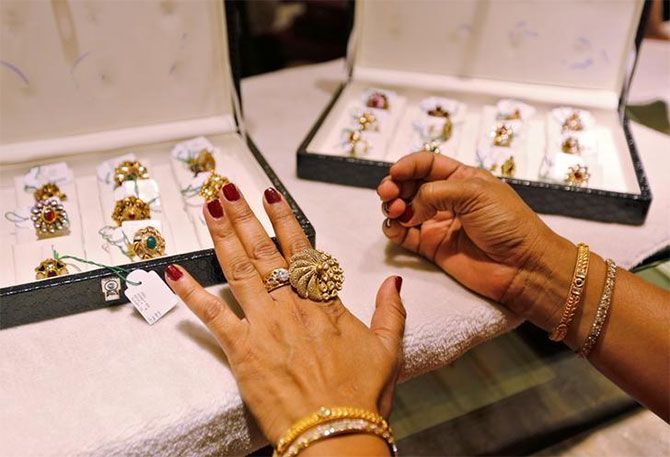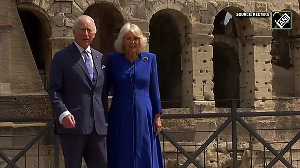Of the 1,000 surveyed by IIM-A, only five were aware about the government-sponsored gold schemes

Poor marketing by the government for its gold monetisation scheme (GMS), sovereign gold bond and Indian gold coin scheme is why these have had poor public responses, says the India Gold Policy Centre (IGPC) at the Indian Institute of Management here (IIM-A).
Research was done on 1,000 gold consumers in four districts from four states, urban and rural.
“We have observed that respondents did express willingness to invest in these schemes if they got adequate information about the product, indicating the potential with better targeting and promotion,” said Arvind Sahay, head of IGPC and faculty member at IIM-A.
According to the study, of the 1,000 surveyed, only five were aware about government-sponsored gold schemes. Sahay notes of the 25,000-odd tonnes of gold estimated to be with Indian households, only five tonnes have come to the GMS.
He suggests three things the government should focus on to make gold policies successful - “proper marketing, certification of gold and incentive to banks will be the core issues on which government should work”.
In another study, the Centre says it found the quantity of gold reserves held by central banks in emerging markets and developing economies (EMDEs) had risen sharply after the global financial crisis in 2008.
On average, the percentage of foreign exchange held by central banks in EMDEs in the form of G4 (dollar, yen, pound and ruro) fell from 94 per cent to 84 per cent, with much of the fall being compensated by an increase in the holdings of gold. Sahay said, “Large increases in gold holdings were seen in Russia, China and Brazil but not India.”
The first study says gold-based loans were the most popular of gold-based financial products.
Informal gold loans constituted a large pie of the market share, lower gold loan amounts at higher interest rates compared to formal gold loan providers. Sahay said, “Despite higher interest rates of an average of 40 per cent, loan takers prefer to go with informal lenders to avoid the week-long process for loans at banks and other financial institutions, where interest rates are 20-25 per cent.”
The study's 1,000 respondents were in the districts of Coimbatore, Kolhapur, Hooghly and Saharanpur. Split evenly across rural and peri-urban areas and with 83 per cent of the respondents being male.
Photograph: Amit Dave/Reuters












 © 2025
© 2025